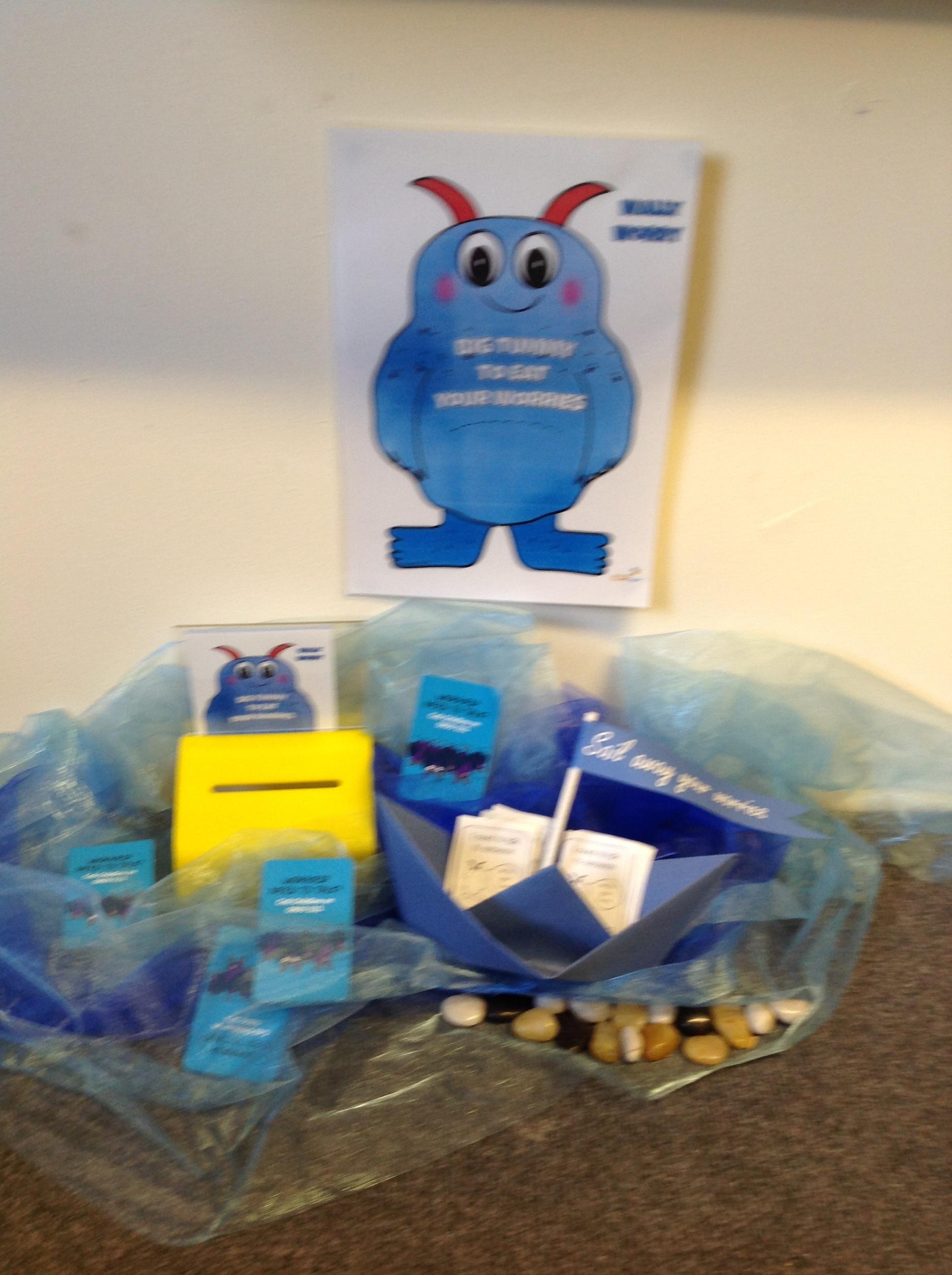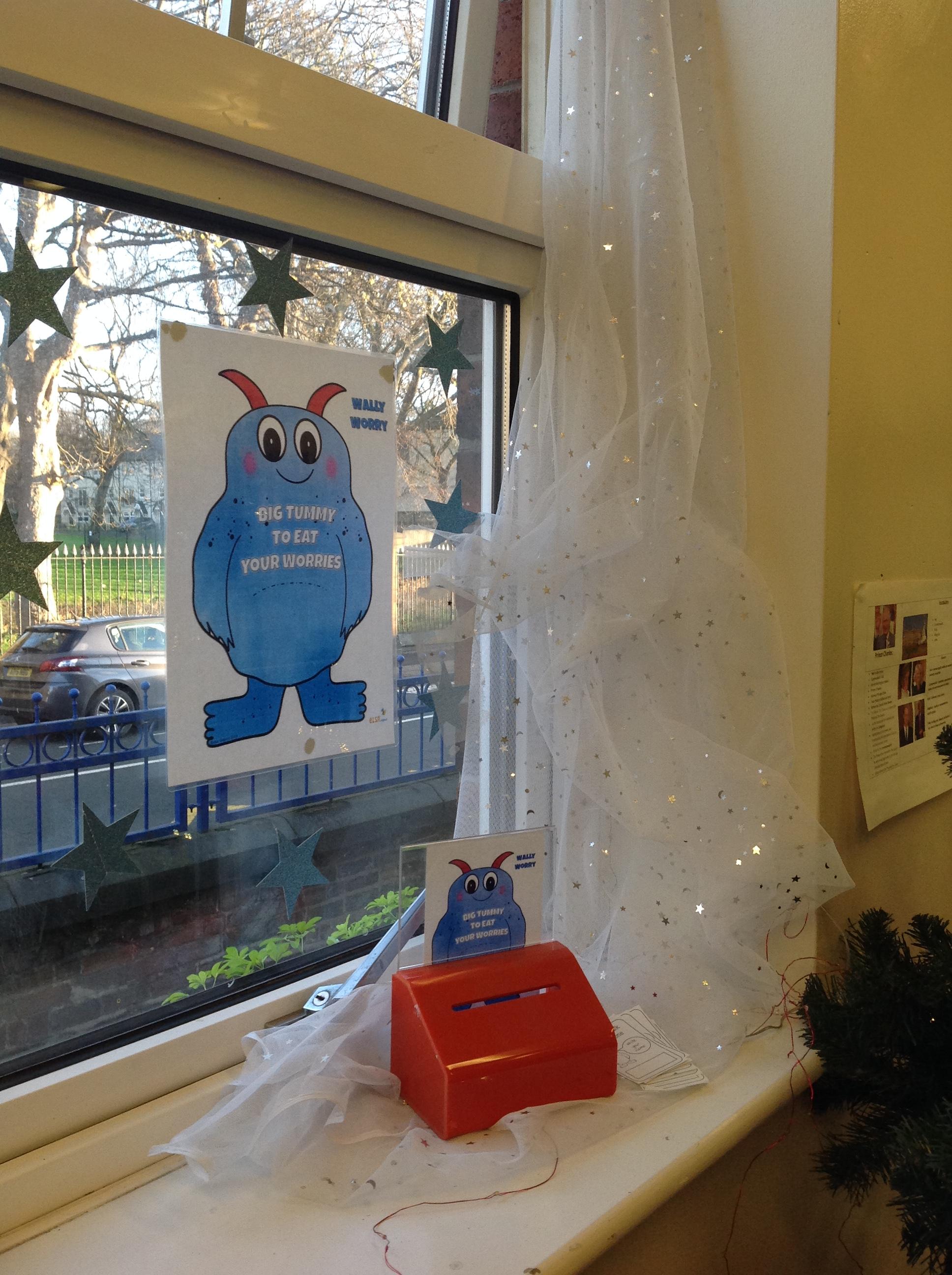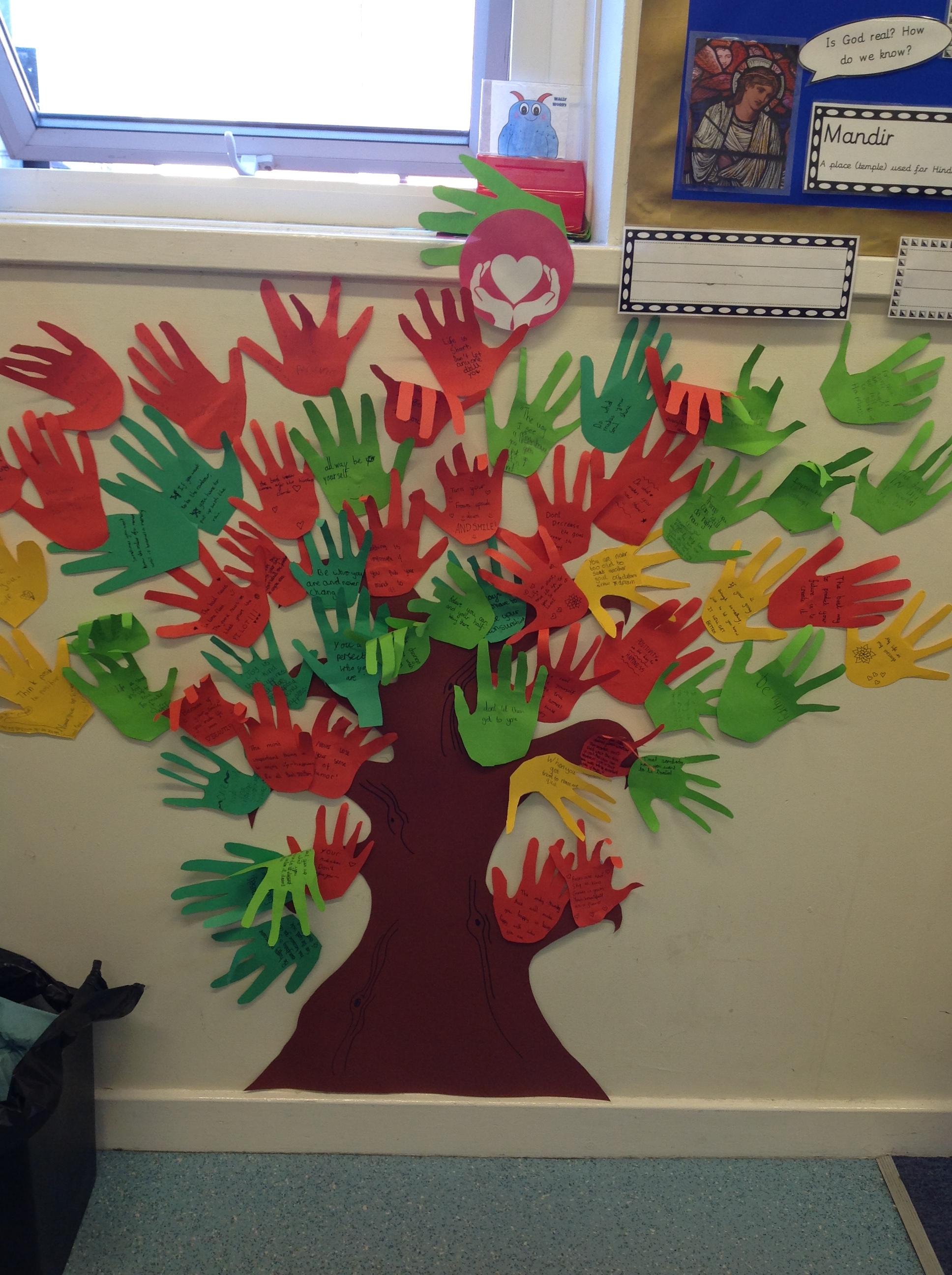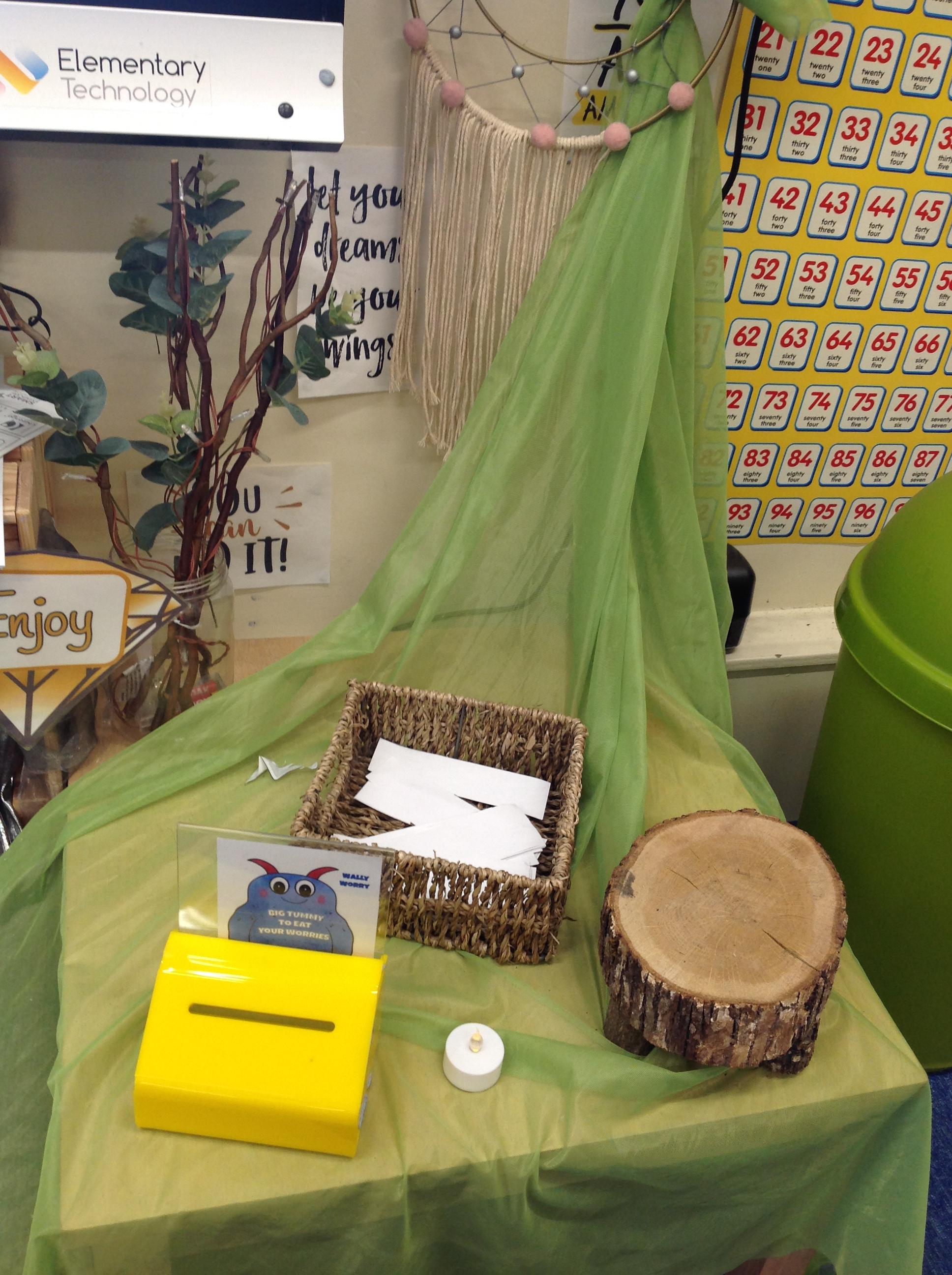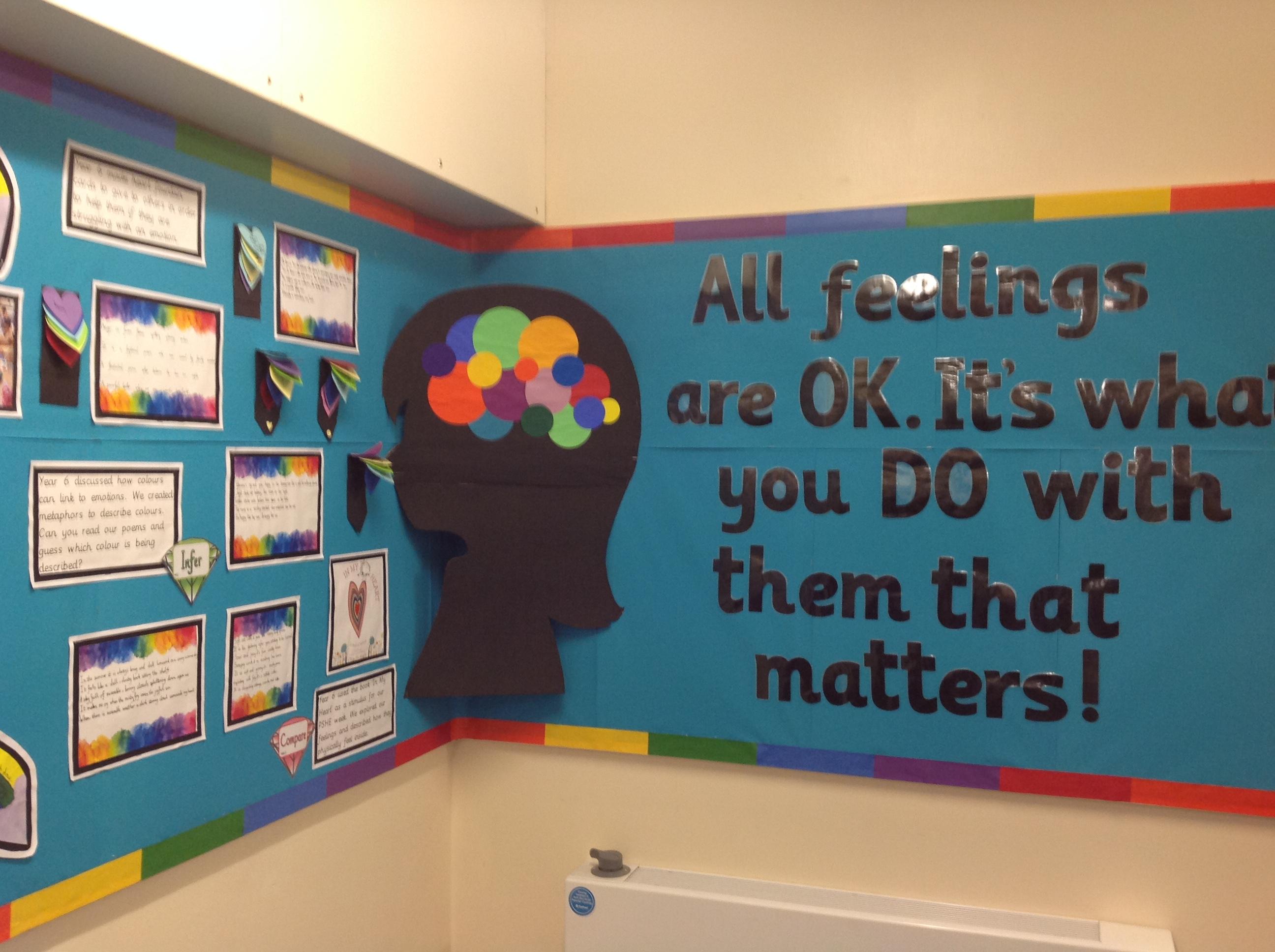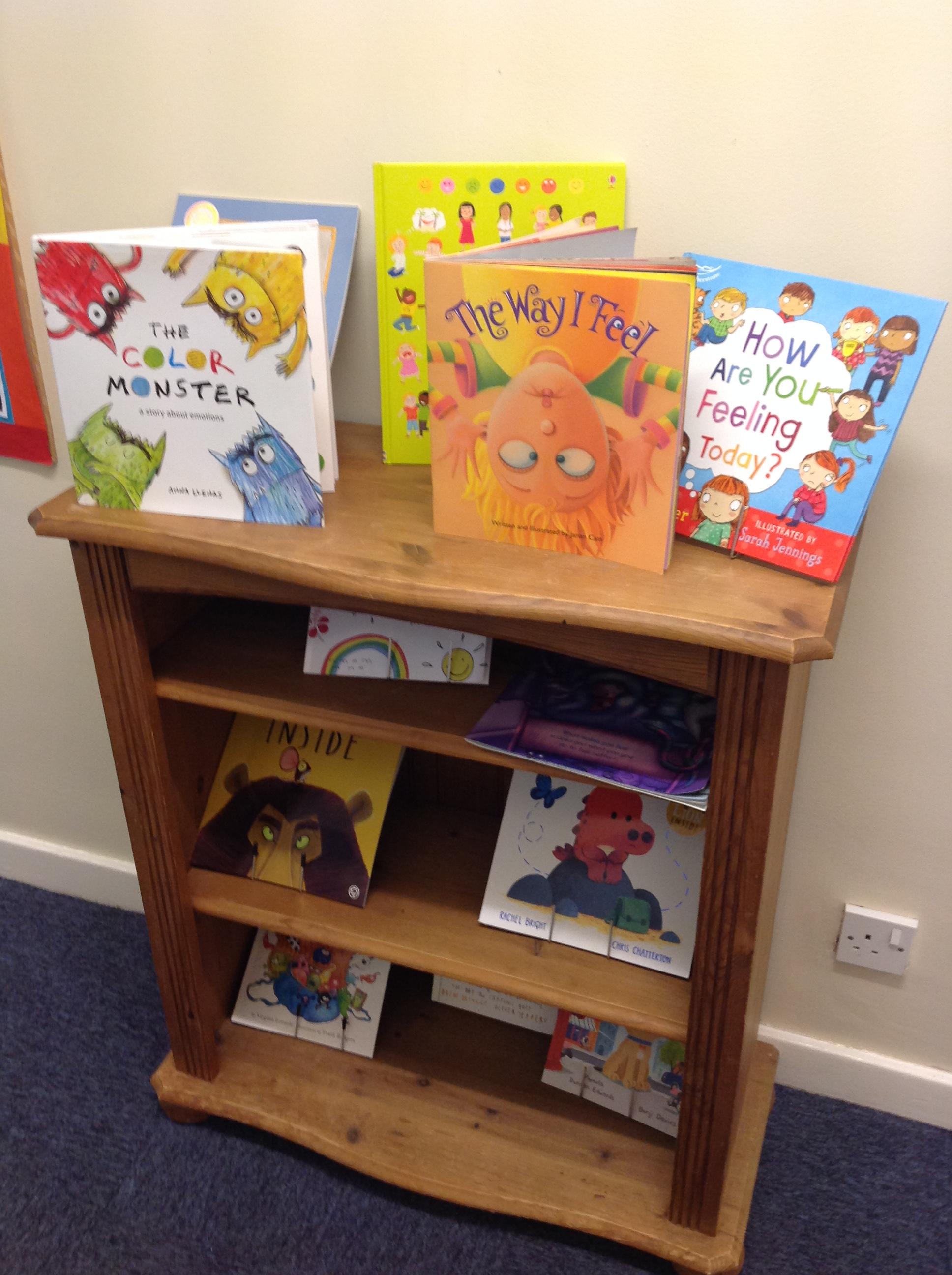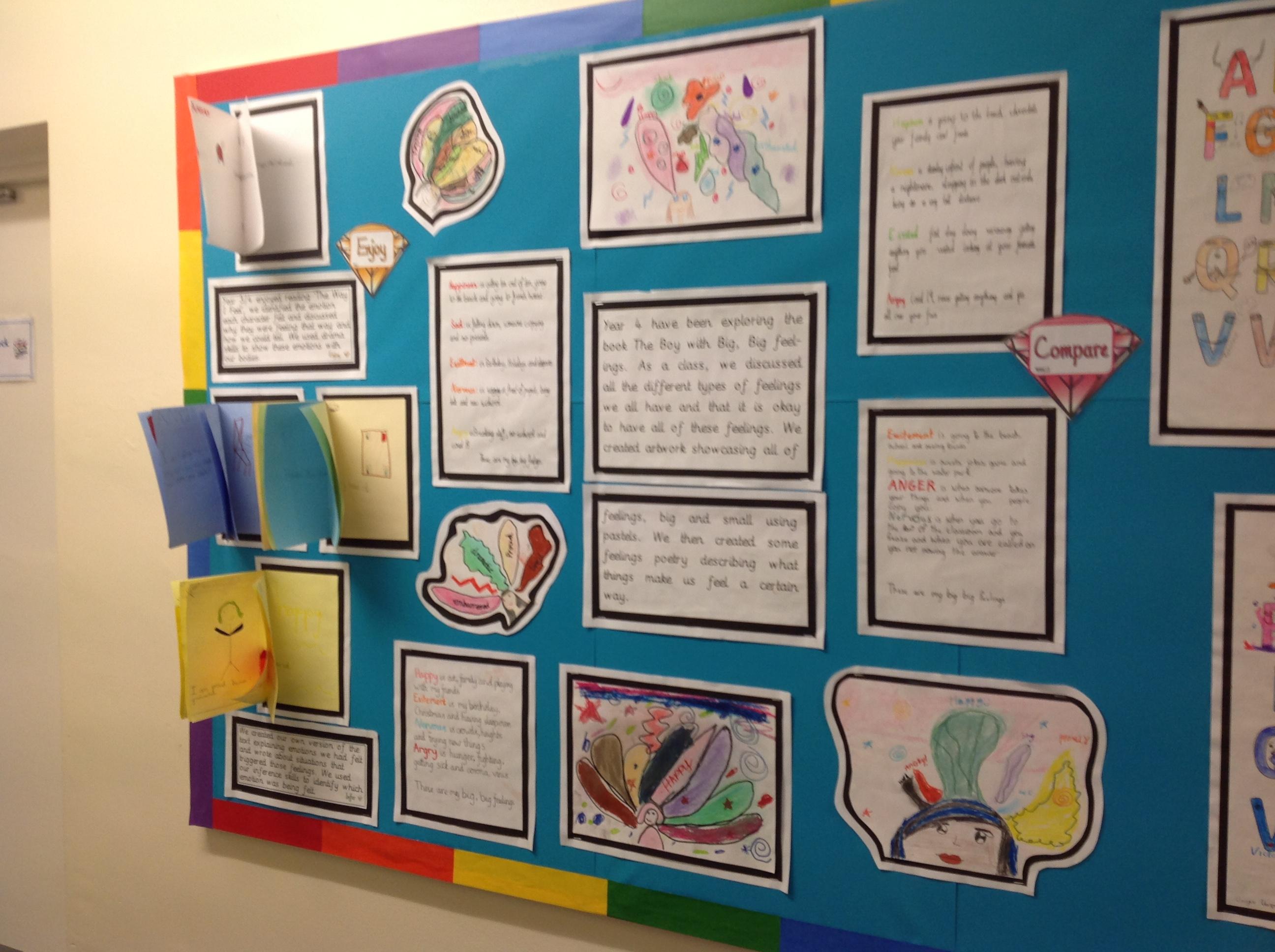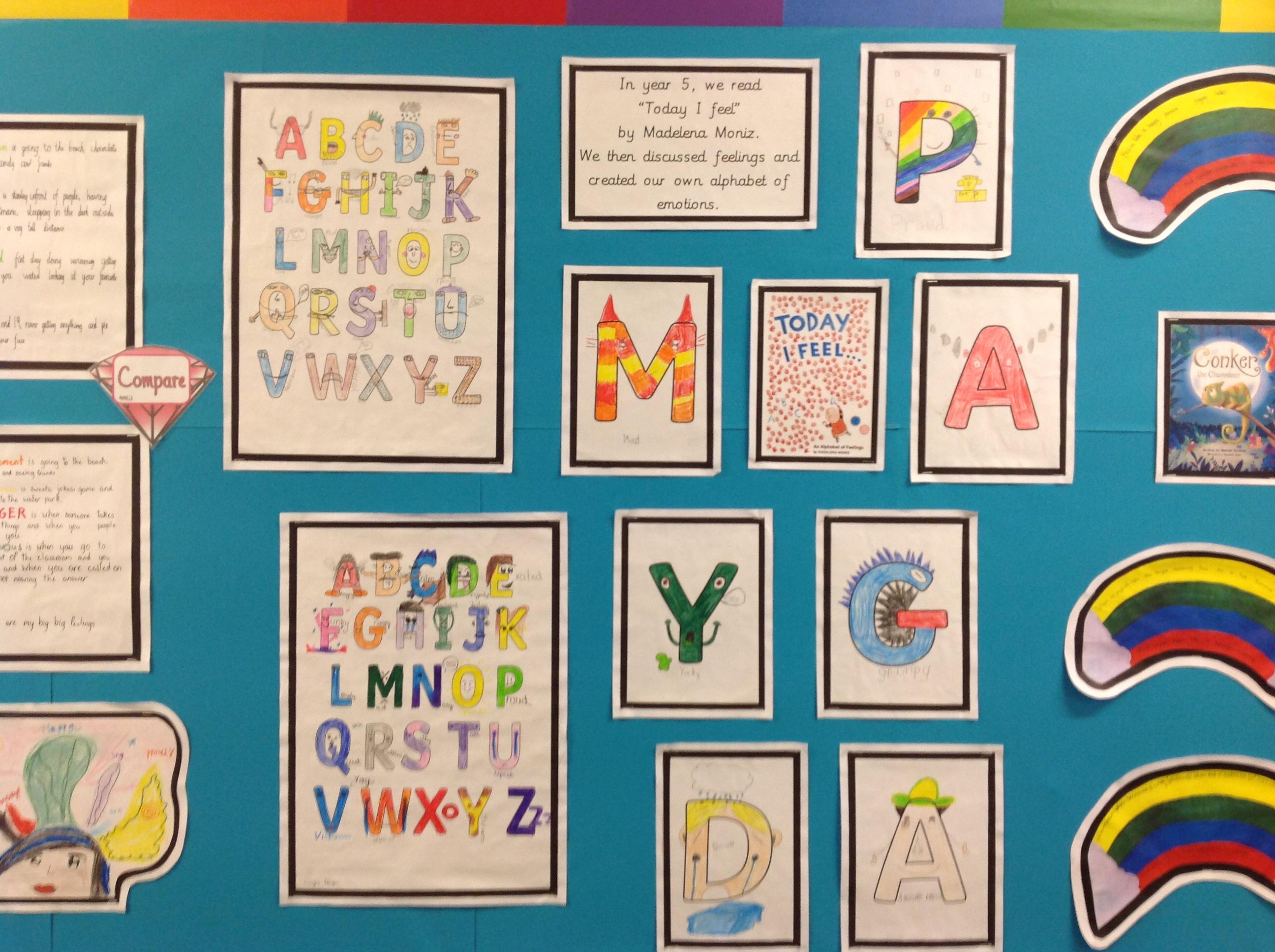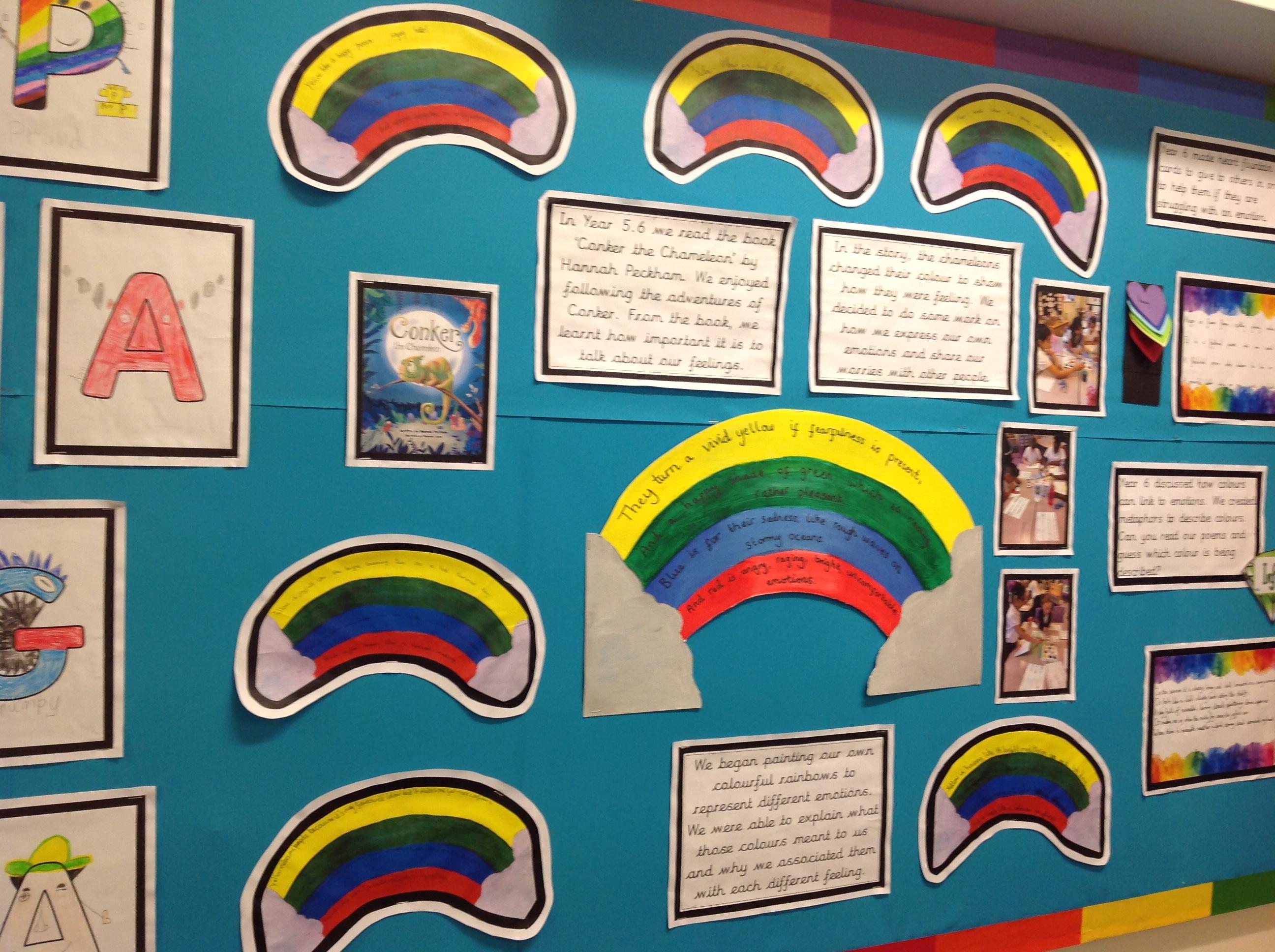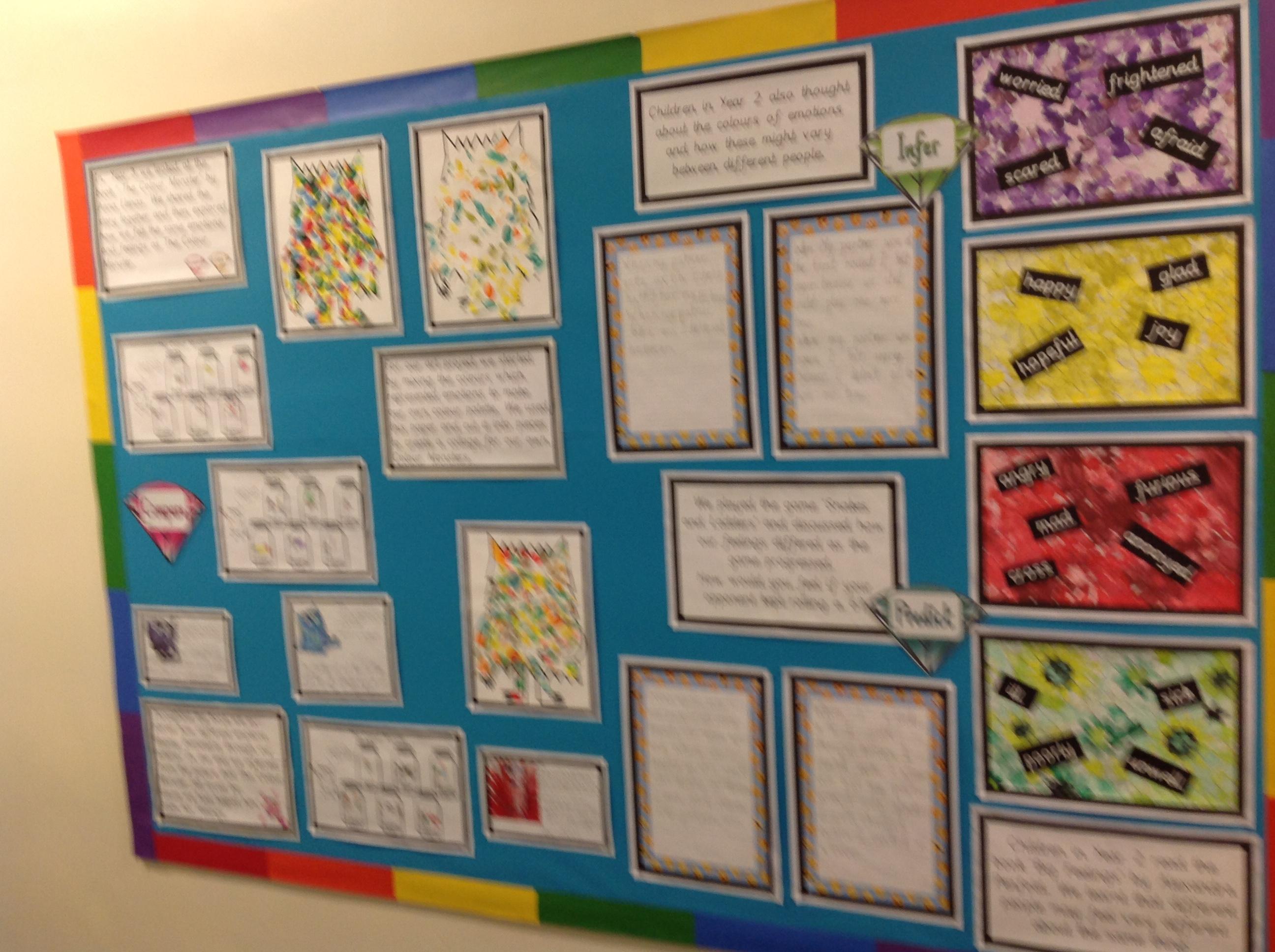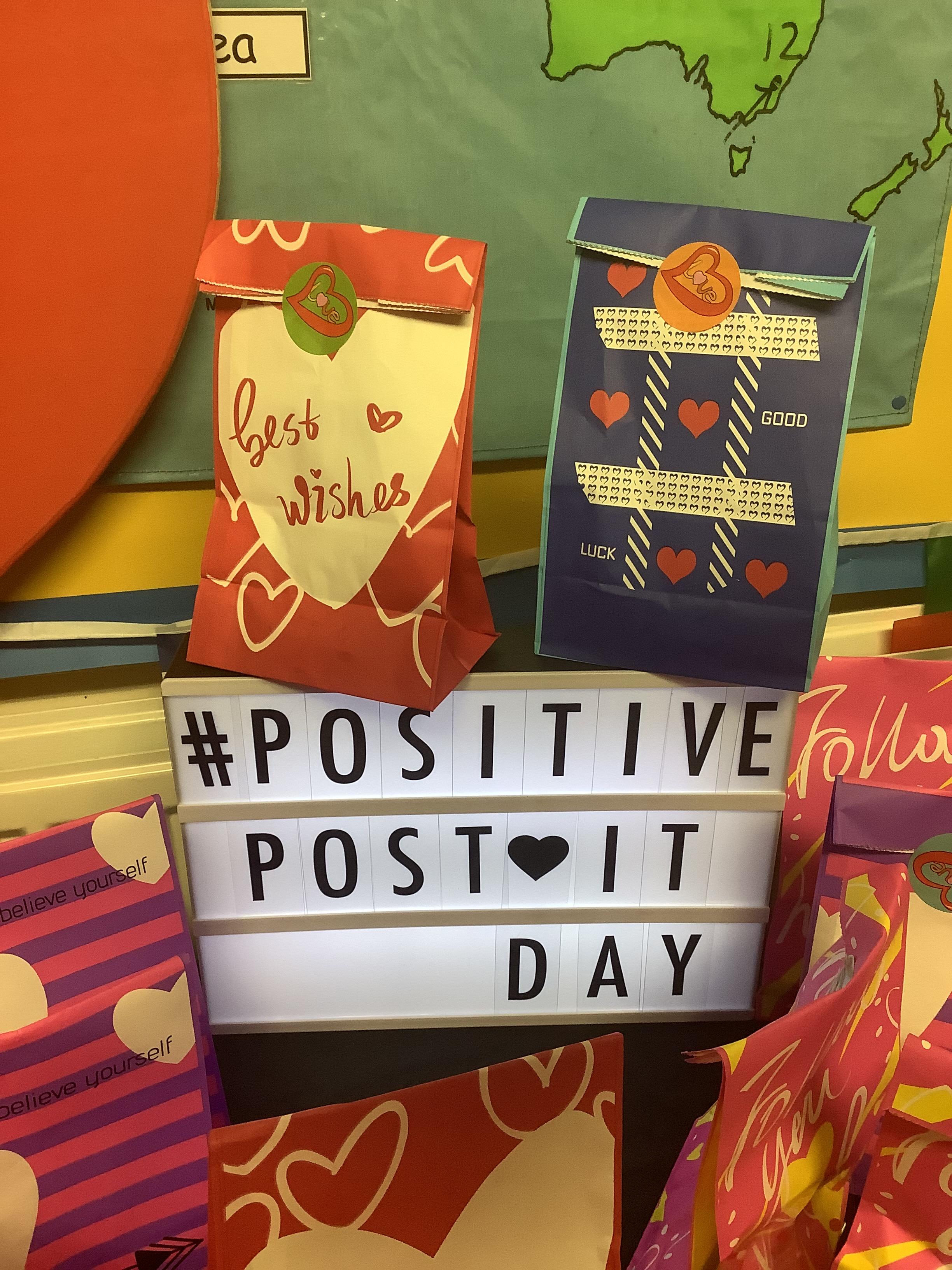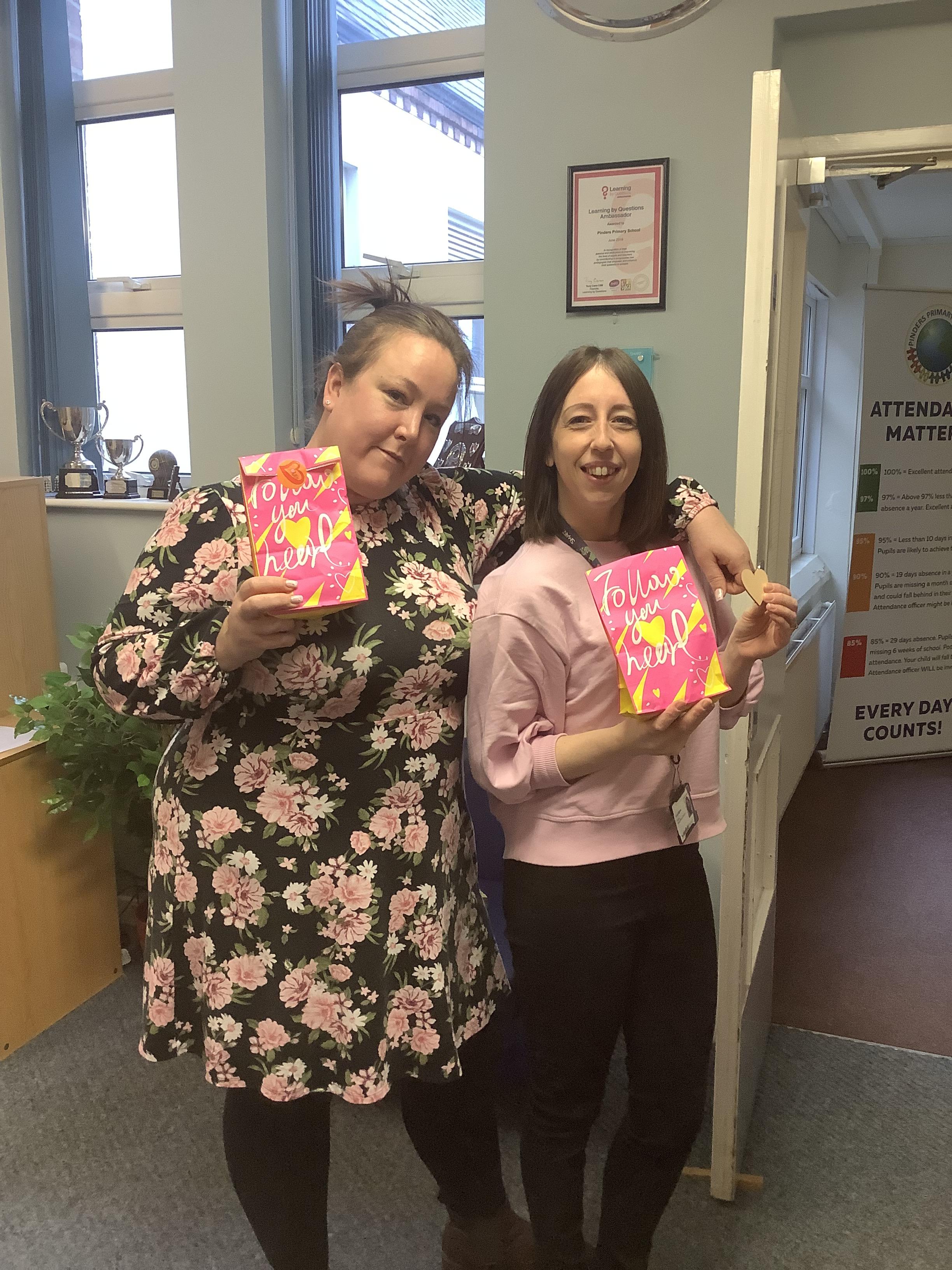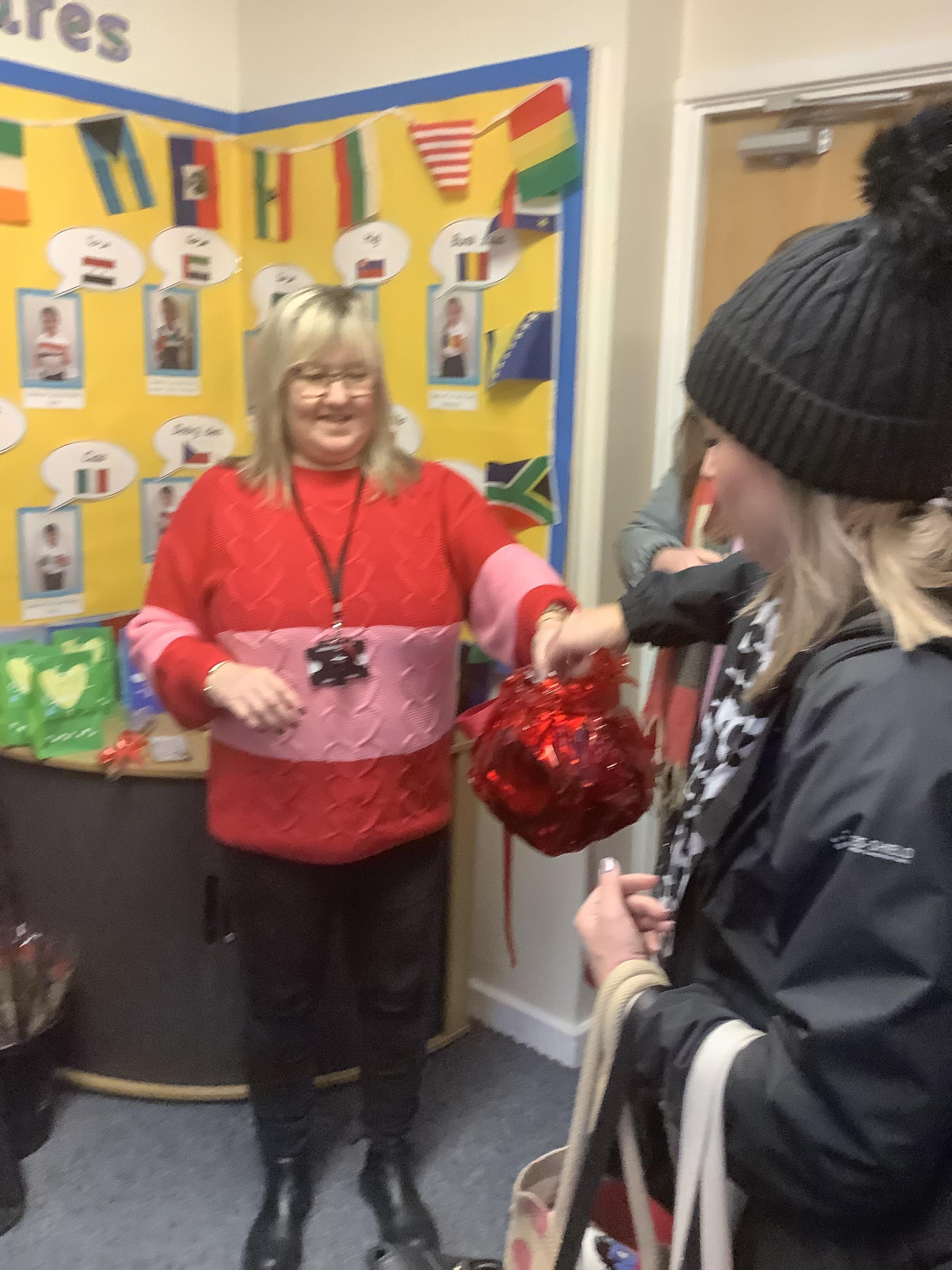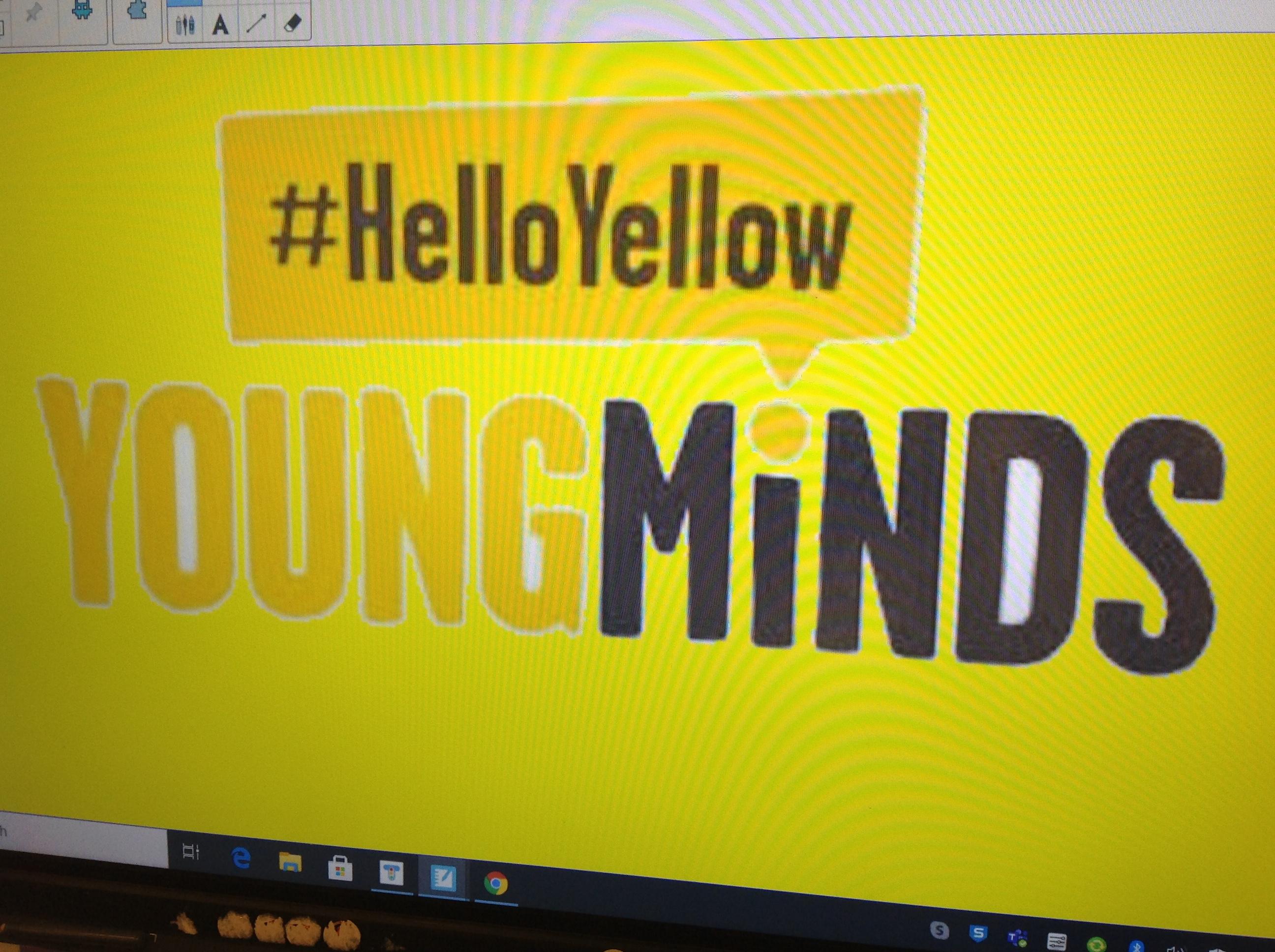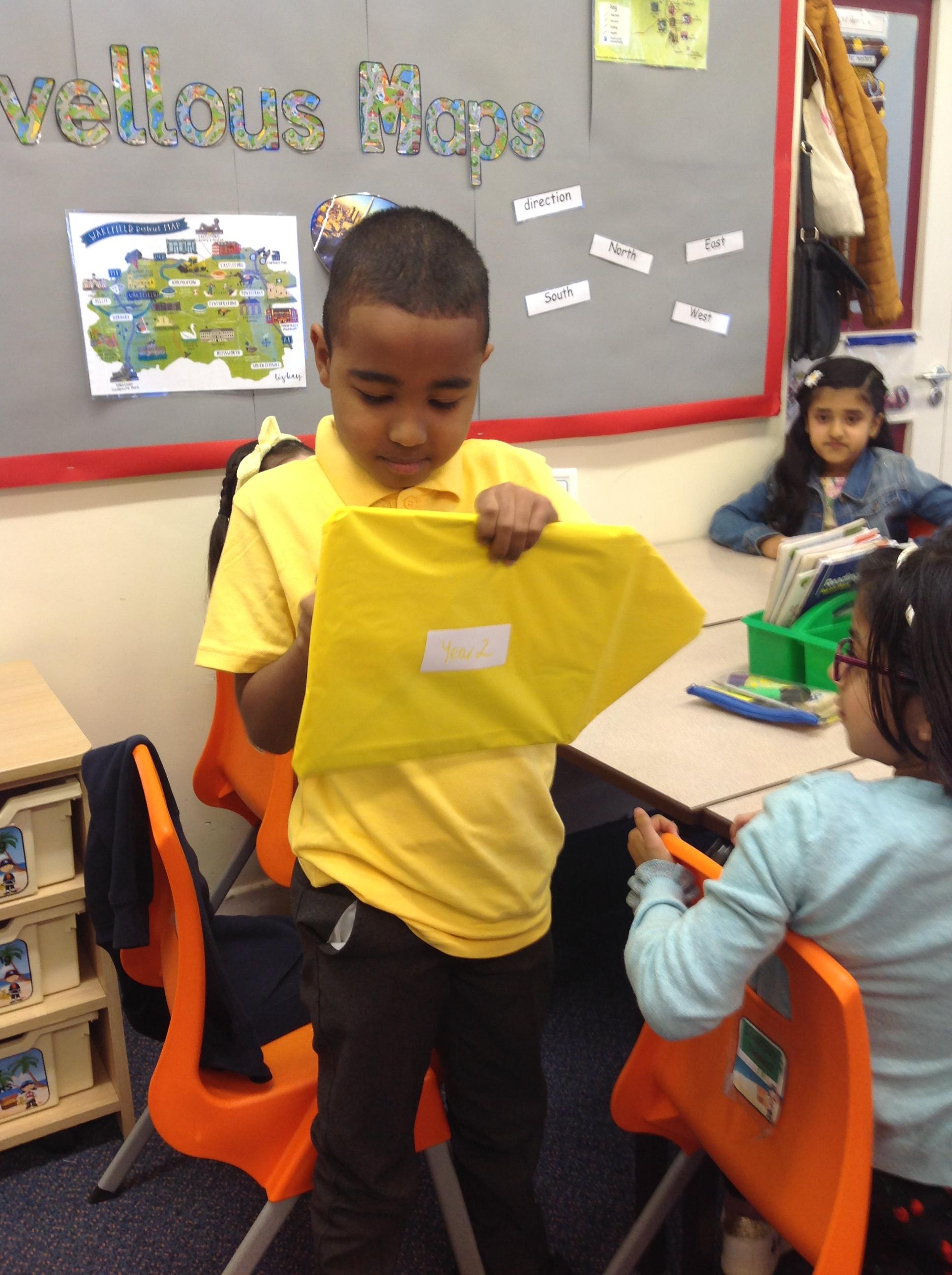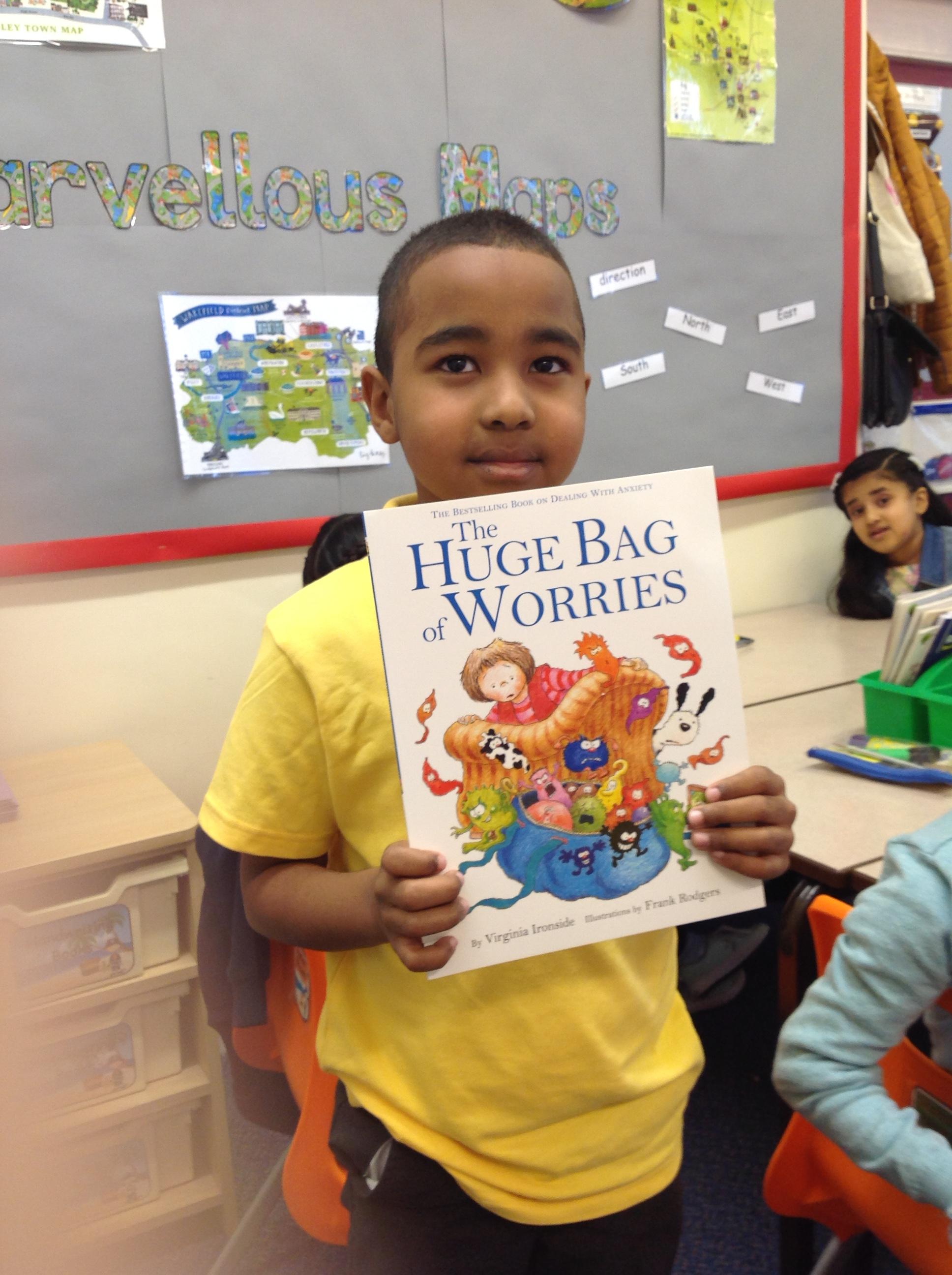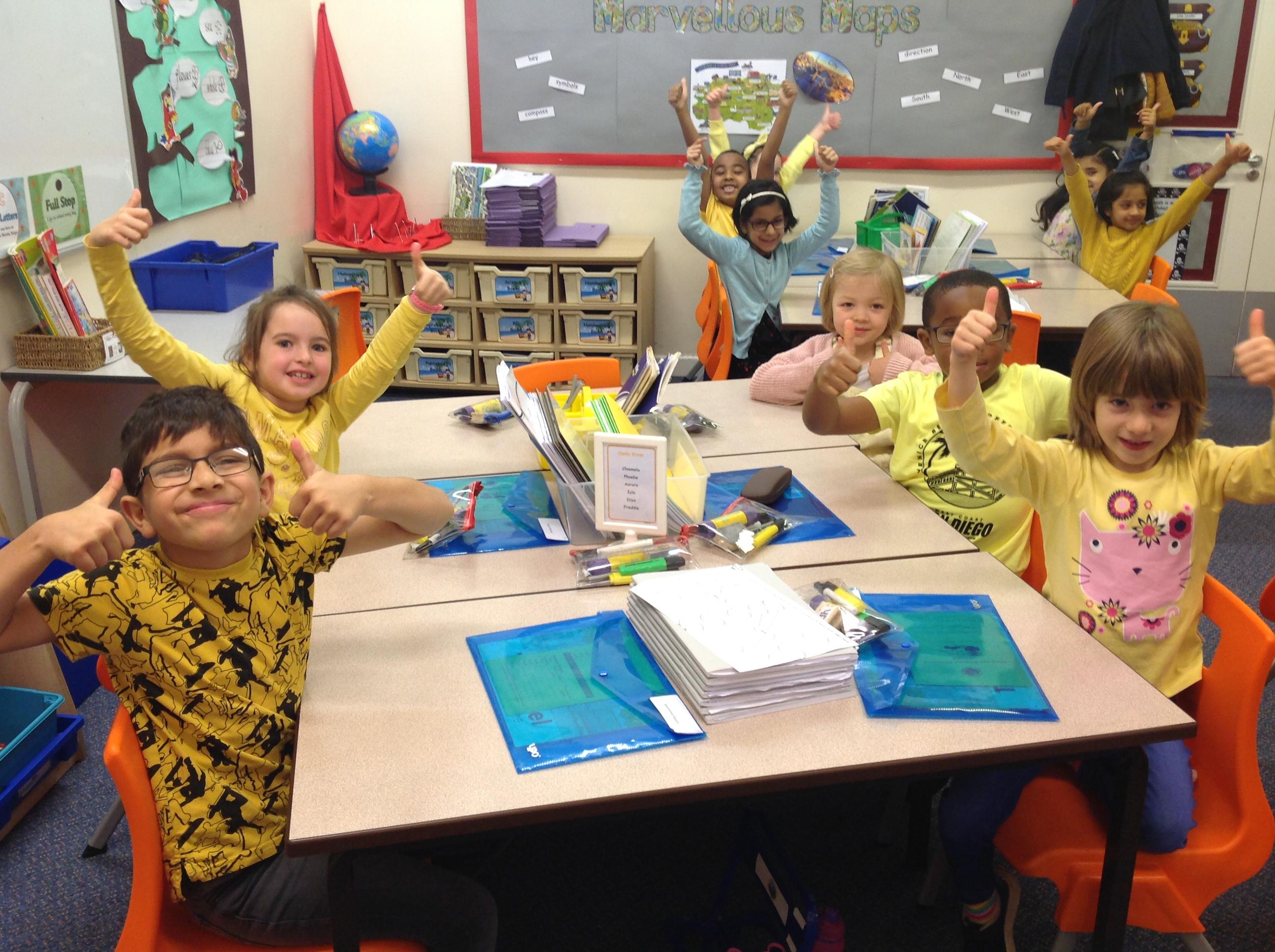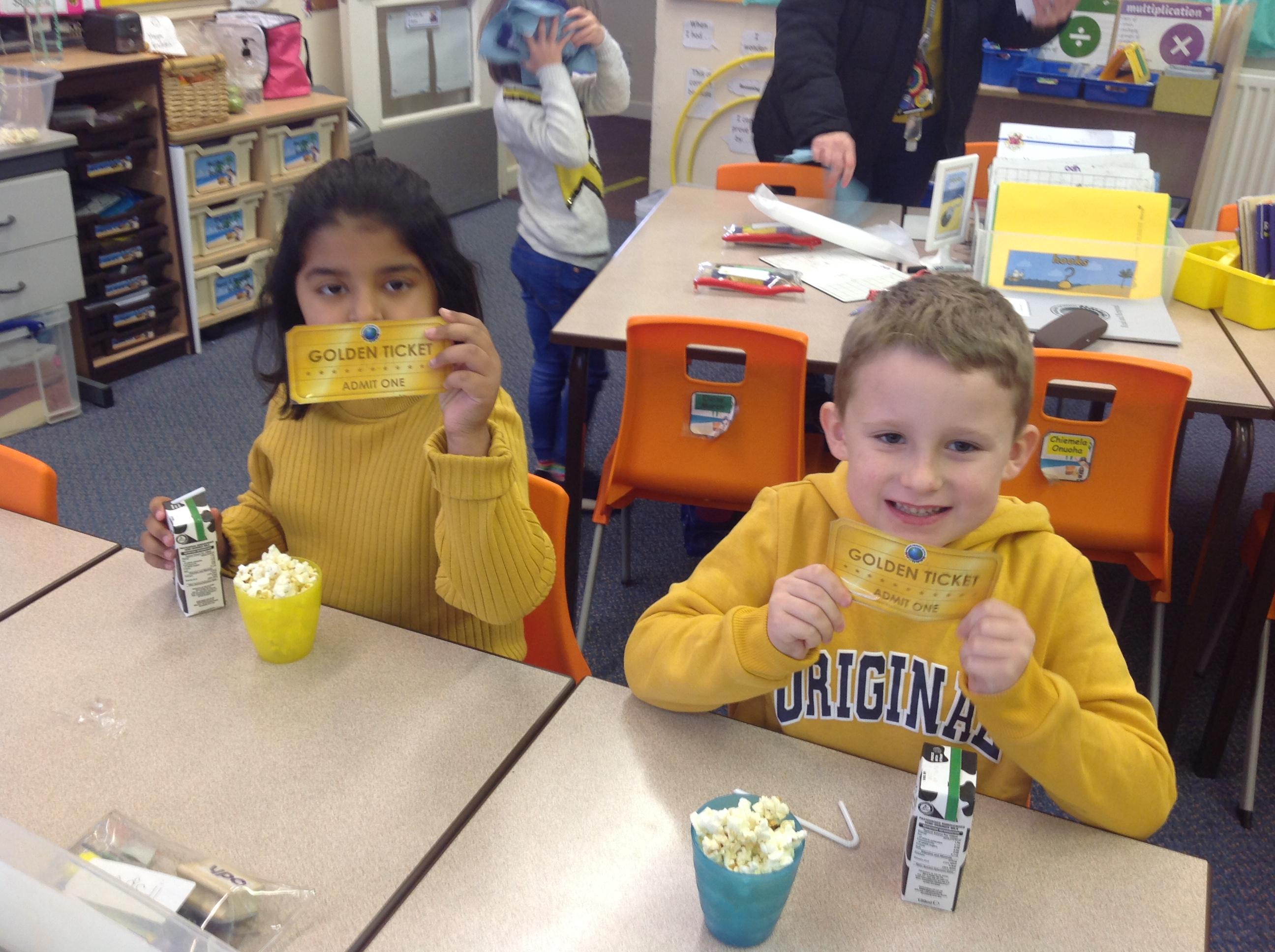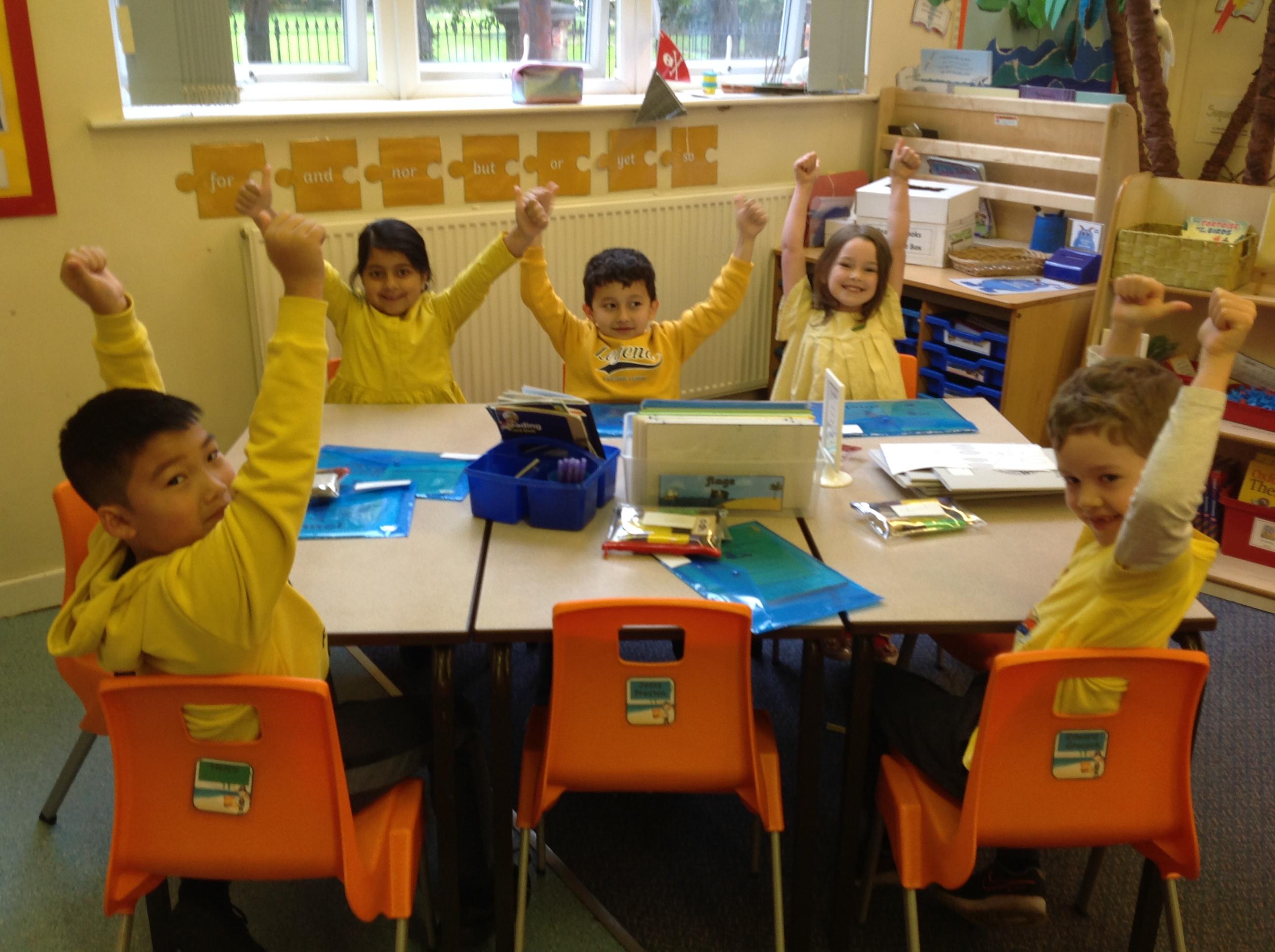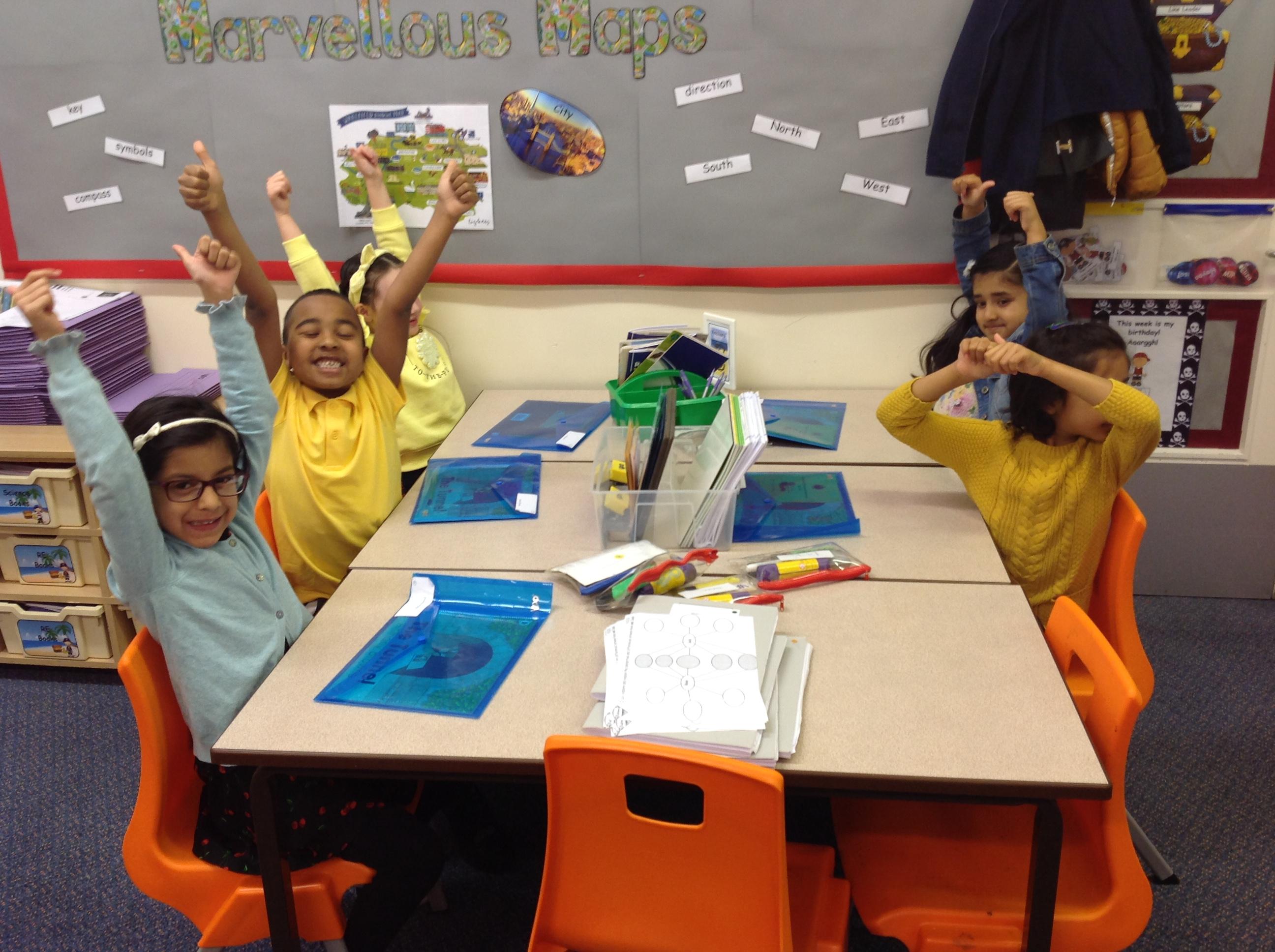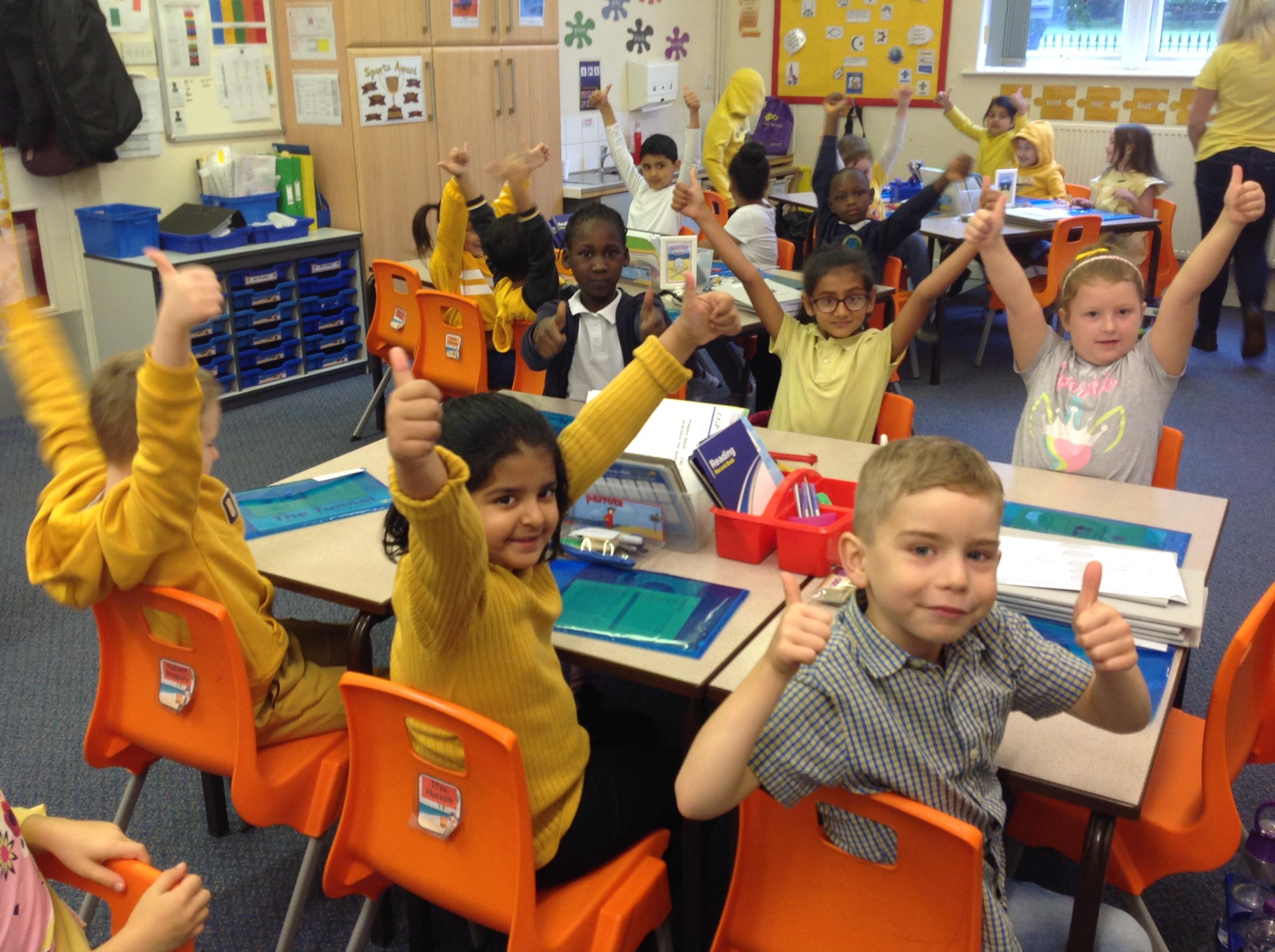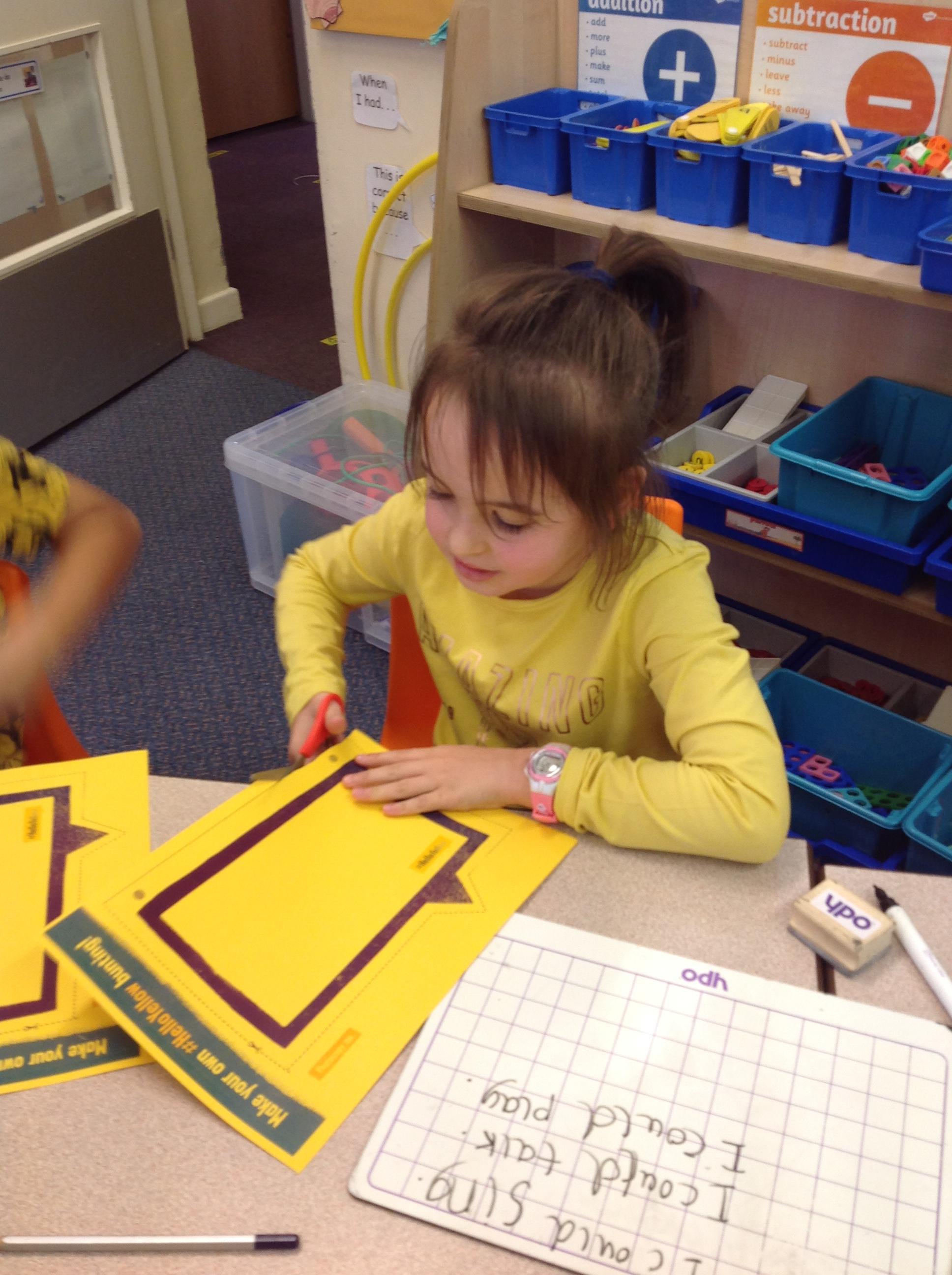Mental Health and Emotional Wellbeing
At Pinders School we are committed to supporting the mental health and emotional well-being of our staff, pupils and the wider school community.
We understand that everyone experiences life challenges that can, at times, make us vulnerable and additional emotional support may be required during these periods.
We all have a role to play in promoting and supporting positive mental health and recognise that developing resilience and using coping strategies early on is vital to ensure good mental health can be retained/ restored quickly.
At Pinders Primary School we support all pupils by:
- helping them to understand their emotions and feelings better
- helping them feel comfortable sharing any concerns or worries
- supporting them with communication and social skills to interact, form and build relationships
- promoting self-esteem and ensuring they know that they count and their views/ opinions matter
- encouraging them to be confident, embrace their differences and celebrate who they are
- working with them to develop emotional resilience and develop coping strategies to manage setbacks.
We have dedicated members of staff in place to support the mental health and well-being needs of our school community.
We have a full safeguarding team, led by Mrs Kemplay, Headteacher.
Mrs Peaker (Learning Mentor), is our trained accredited mental health first aider, supporting our staff team and is also a key part of our behaviour support team.
At our school, support is structured according to the needs of the individual child and can include:
- Universal Support - To meet the needs of all our pupils, as outlined above, through our overall ethos and our wider curriculum offer.
- Additional support - For those who may have short term needs and those who may have been made vulnerable by life experiences such as bereavement.
- Targeted support - For pupils who need more differentiated/ ongoing support and resources or specific targeted interventions such as wellbeing groups or personal mentor time.
What is Wellbeing?
Wellbeing is about our thoughts, feelings, emotions and ability to react to life. A good sense of wellbeing is feeling ok and able to cope, even when life or situations are challenging.
There are some simple ways to help yourself manage your own well-being day to day in the form of ‘five ways to well-being.’

This important message gives us permission to take time for ourselves and be in the moment and focusses on the positives. This is similar to mindfulness. If you can try to follow these 5 ways throughout your daily life, you will find it much easier to cope with stress.
What 5 things can you do today to connect, give to others, take notice, keep learning and be active.
Children can also follow the 5 ways to well-being. This will give them long lasting skills to grow with them through adulthood to hopefully reduce the risk of them developing mental health issues.
Sometimes our wellbeing is affected by things out of our control: illness, a stressful family situation or crisis. When our wellbeing is affected and we don’t feel able to cope, this can lead to mental health concerns: sadness, depression and unhelpful thoughts that can stop us from enjoying and coping with daily life.
Class Reflection areas & why they are important?
Throughout Pinders Primary School, each class have a reflection area. They are a place where the children can go, to ponder and reflect. Within these areas, there is a designated worry box where pupils can place a worry they want to share or support with.
Whole School events
As well as designated mental health lesson which we have built into our RSHE curriculum, we also hold whole school events which focus on a particular aspect of mental health & emotional wellbeing. At the start of this academic year we held a whole school event around the topic of 'Big feelings, little feelings' Which allowed our pupils to explore feelings, how feelings are normal, how they can be managed & what to do if our feelings become overwhelming or unmanageable.
Love yourself day (Mental Health week)
Hello Yellow - mental Health day
Here are some websites designed specifically for children and young adults.
Mental Health & Wellbeing - see below for downloadable activities that your child may wish to try at home
The following websites have been vetted and approved by the NHS. We recommend that parents always look at and test out apps and games for themselves before introducing their children to them:
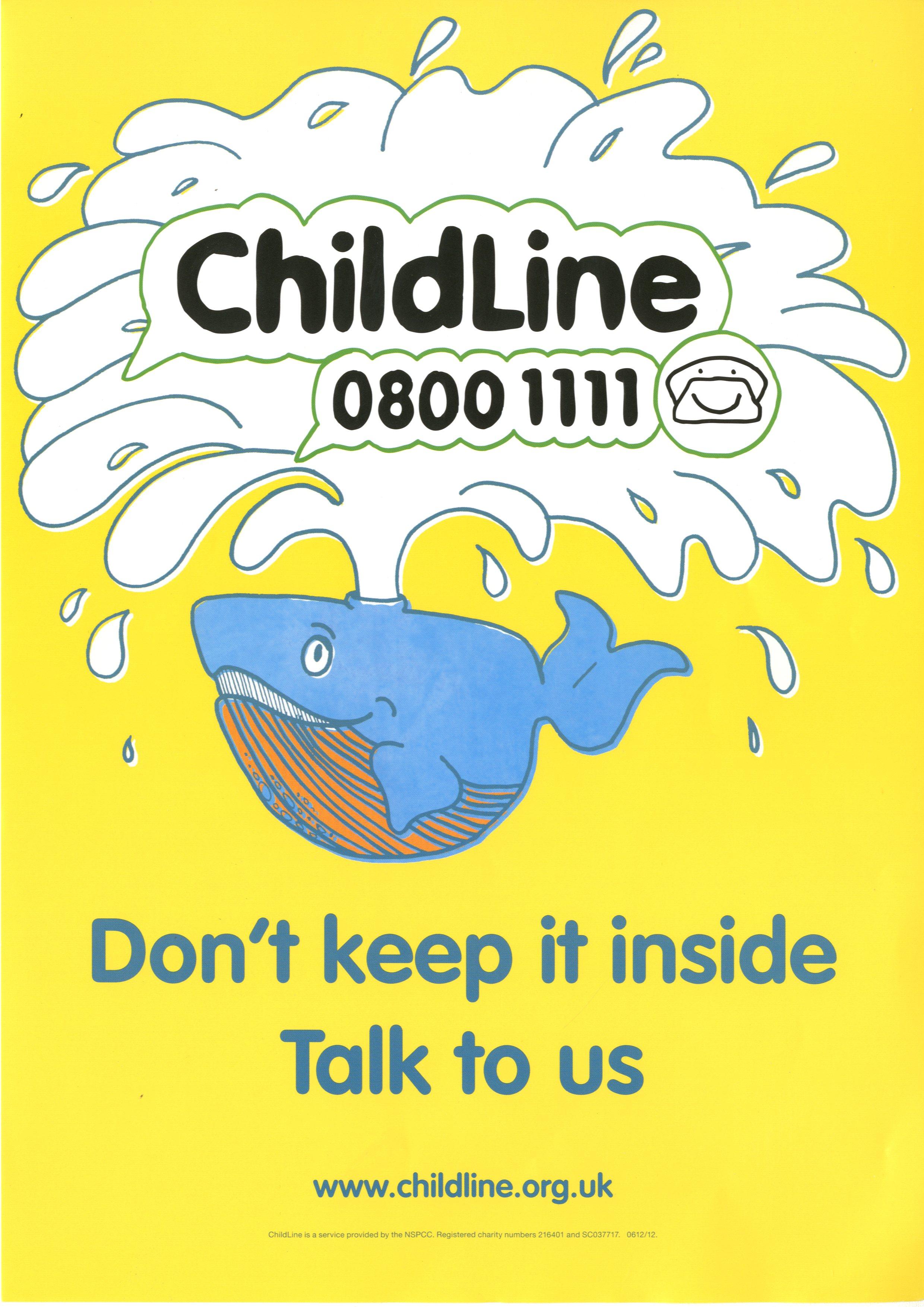
Here are some websites aimed at adults, dedicated to supporting Mental Health and Wellbeing. They contain lots of good advice and a series of free, downloadable books on a range of topics including anxiety, stress, the workplace, self harm, mindfulness and exercise.
Supporting staff wellbeing
Good staff wellbeing is essential for cultivating a mentally healthy school, for retaining and motivating staff and for promoting pupil wellbeing and attainment.
Wellbeing is all about our holistic health, including the physical and emotional. When we have good levels of wellbeing we feel that life is in balance and that we can generally cope well. We feel motivated and engaged, we’re resilient and able to deal effectively with daily troubles, as well as ’bounce back’ from life’s challenges.
As education staff juggle a multitude of different tasks and demands, it is important that everyone is given the right emotional and practical support so that they can, in turn, support their pupils.
Here at Pinders Primary School we try to support staff wellbeing in a number of ways.

